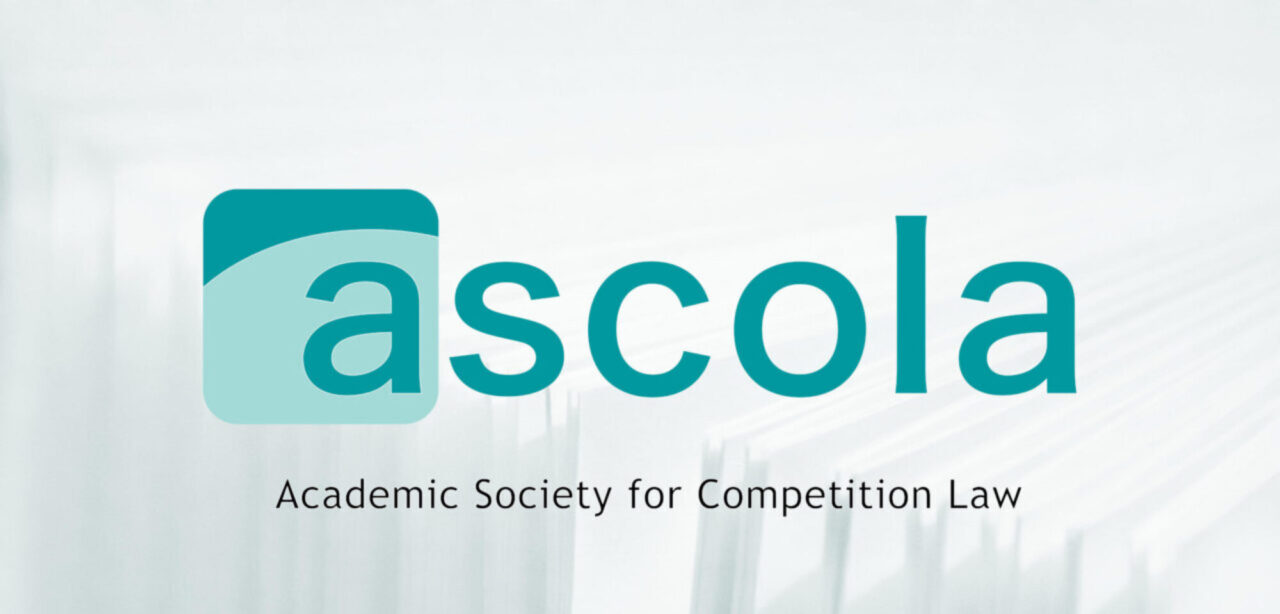ASCOLA was one of the first organisations in law to call for a systematic and strict approach to transparency and disclosure of potential conflicts of interest. Since 2018, we have a “Declaration of Ethics” in place that gives guidance on these matters. The ASCOLA Transparency and Disclosure Declaration was updated by resolution of the General Assembly in 2025.
2025 Update: Here you find the new ASCOLA Transparency and Disclosure Declaration, as agreed upon by the General Assembly in Chicago in 2025. The declaration was authored by a committee, instituted by the Executive Committee of ASCOLA. Members were Giorgio Monti (chair), Thomas Cheng, Magali Eben and Ioannis Lianos. The new declaration gives greater specificity to the disclosure obligations in light of practices elsewhere and experience since 2018. It also includes provisions to encourage members and other organizations (e.g. law faculties, research clusters, and publishers) to develop disclosure policies.
You may find the 2025 declaration and an introductory position statement by Professor Monti here:
The 2018 Declaration of Ethics
The Declaration suggests that all research outcomes, in all research outlets, should be guided by the following general principles, the implementation of which is elaborated below:
1. Objectivity and Independence: All scholarship should express the personal and independent opinions of the author(s) without any bias and without any interference by any third party.
2. Transparency: Authors should appropriately identify all sources of what could reasonably be perceived as bias and make appropriate disclosure of any and all affiliations that could reasonably be perceived as a source of bias. Except for good (and disclosed) reasons, empirical work should make data and methods available to permit replication. As discussed below, appropriate disclosure may at various times be on the publication itself, to a possible or actual publisher, or on the author’s publicly-available web page.
3. Fairness: All scholarship should make fair use and assessment of research findings and represent as faithfully as possible the different opinions and views expressed in the article.
